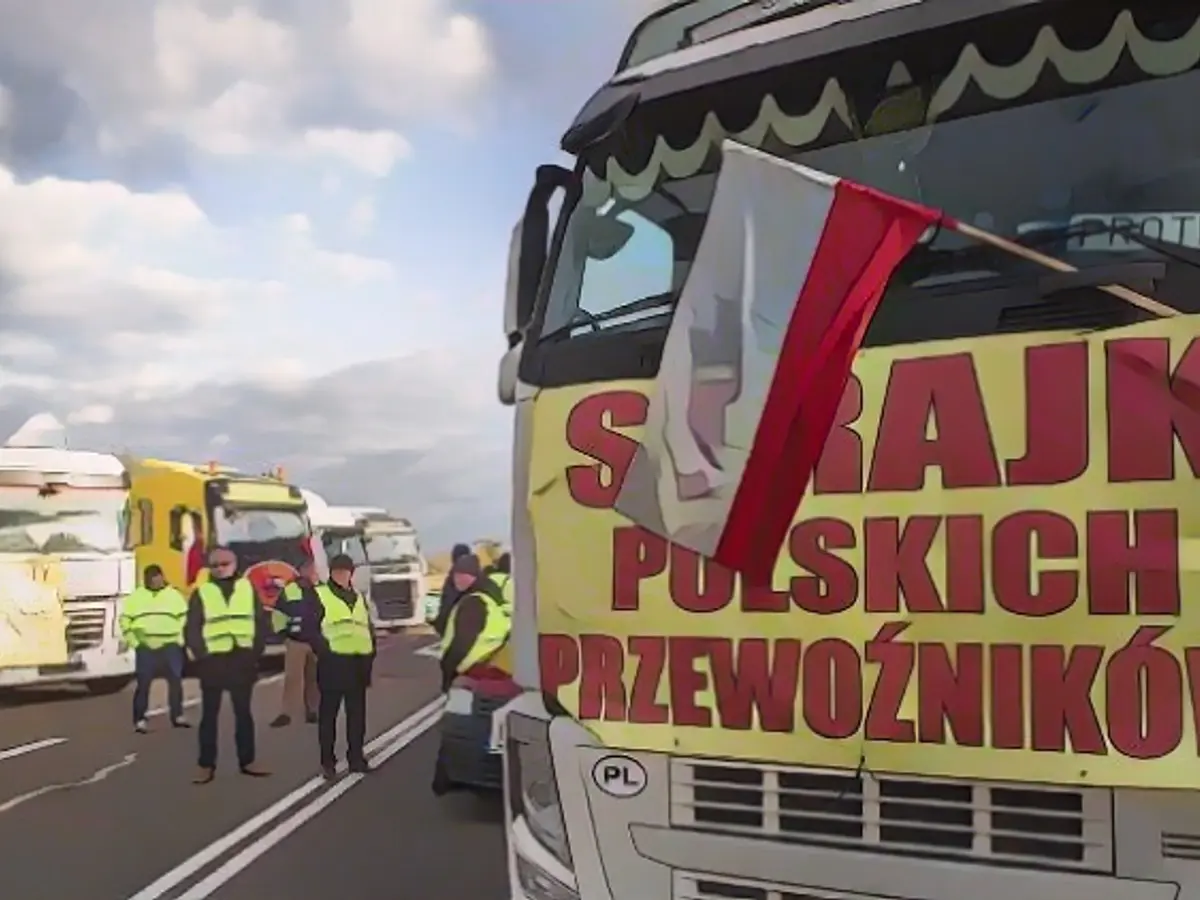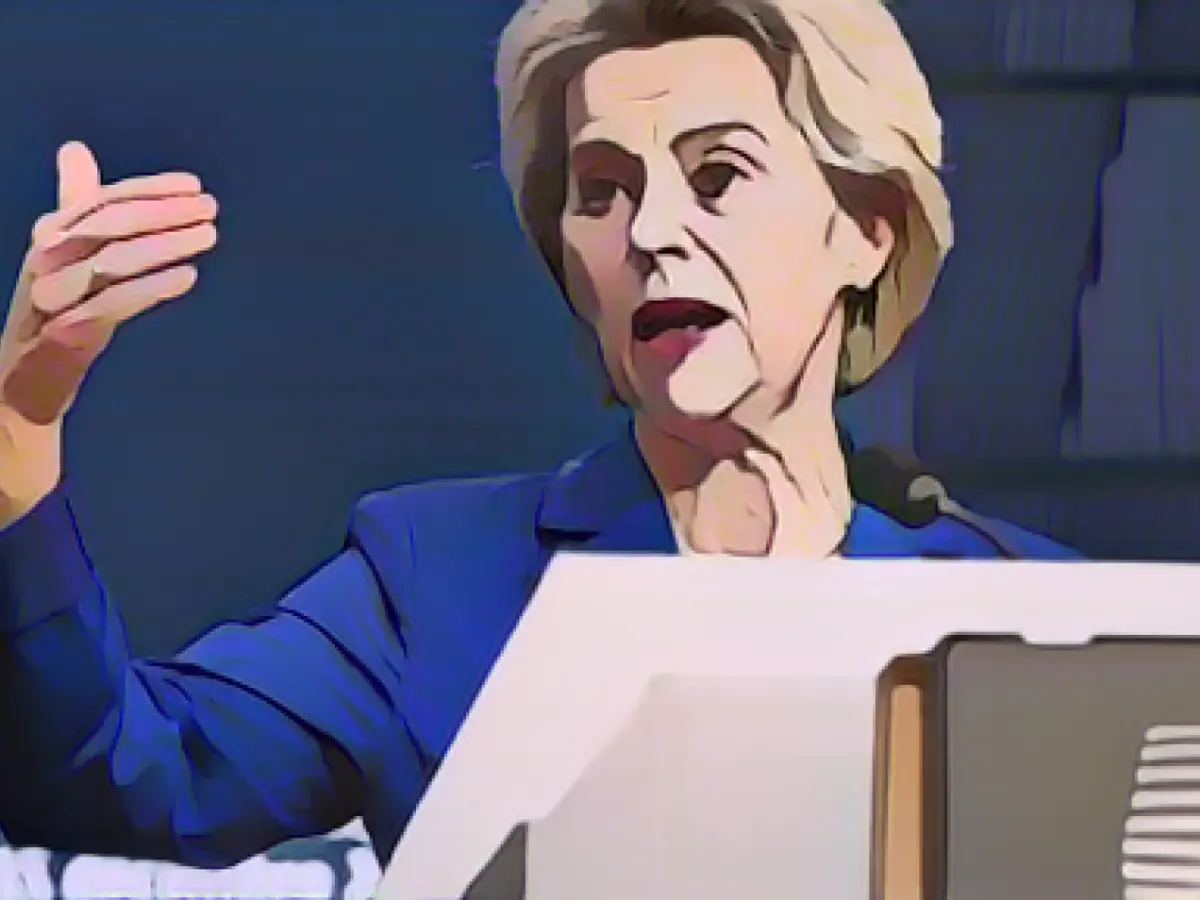Truck Drivers and Farmers in Poland Prolong Border Disruption with Ukraine
In recent weeks, Polish truck drivers and farmers have intensified their blockade at border crossings with Ukraine. On Monday, the disruptions extended to the busy Medyka border crossing, causing round-the-clock traffic halts. Thousands of truck drivers have been enduring kilometer-long queues in front of border stations for days.
The main grievance voiced by Polish truck drivers is that their Ukrainian counterparts are exploiting lower freight rates to push them out of the EU transport market.
According to the Polish border guard, the queue at Medyka border crossing has surpassed 127 hours due to the persistent blockade. This blockade is part of a larger protest by the farmers who are grappling with low grain prices and seek state aid.
Polish truck drivers have been maintaining blockades at three other border crossings since November 6. Their demands include the EU's reintroduction of mandatory permits for Ukrainian and EU truck drivers crossing each other's borders, except in cases of humanitarian aid and arms deliveries. The EU had dispensed with these controls following Russia's invasion of Ukraine in 2022.
Ukrainian sources claim that an average of 40,000 to 50,000 trucks pass through the border with Poland every month via eight border crossings, roughly double the pre-war volumes. The majority of the goods are transported by Ukrainian companies.
Behind the Blockade
The prolonged disruptions by Polish truck drivers are rooted in concerns about fair competition and substantial losses in the local market. Here are the motivations and demands driving the blockade:
- Cheaper Ukrainian Goods: Poland's agricultural sector contends with the influx of cheap Ukrainian products into EU markets following Russia's invasion. This flood of affordable goods has negatively impacted domestic markets and generated economic losses for Polish farmers.
- Regulatory Loopholes: Haulage companies in Poland have protested against Ukrainian hauliers taking advantage of regulatory loopholes to offer lower prices. The EU-Ukraine agreement on road freight has been revised to address this issue, including the implementation of safeguard clauses and stricter documentation requirements.
- Protection of National Interests: The Polish government and farmers' unions advocate for the EU to reimpose import duties on Ukrainian grains to safeguard the Polish agricultural sector. This is part of a larger strategy to reconcile the integration of the Ukrainian market with the European Union while preserving national economic interests.
- Securing Support: Besides reinstating permits and duties, the protesters are also requesting loan repayment moratoriums, quicker subsidy payments, and separate lines at border crossings and ports for trucks registered in EU countries and those from outside the bloc, including Ukraine. These requests aim to ease the financial burden on farmers and truckers due to rising diesel costs and environmental regulations.
The disruptions and the ensuing tension between Poland's economic interests and EU policies underscore the complexities surrounding agricultural trade and market integration with Ukraine.








